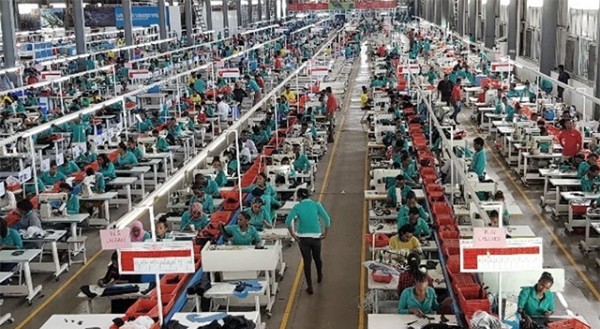(3 Minutes Read)
The report, titled ‘Impact of the Suspension of AGOA on the Export of Leather and Textile Products in Ethiopia,’ was conducted by the NBE’s Domestic Economic Analysis and Publication Directorate and published in its Birritu newsletter.
Ethiopia’s economy has taken a significant hit since its suspension from the African Growth and Opportunity Act (AGOA) in January 2022, with 18 foreign companies leaving the country, over 11,500 jobs lost, and industrial parks suffering a combined revenue loss of USD 45 million.
A new report by the National Bank of Ethiopia (NBE) reveals the extent of the damage, highlighting the challenges faced by the textile and leather industries, which were heavily reliant on duty-free access to the US market.
The report, titled ‘Impact of the Suspension of AGOA on the Export of Leather and Textile Products in Ethiopia,’ was conducted by the NBE’s Domestic Economic Analysis and Publication Directorate and published in its Birritu newsletter.
It provides a detailed look at the economic fallout from Ethiopia’s removal from AGOA, a US trade program that grants tax exemptions to eligible sub-Saharan African countries. The Biden administration moved to delist Ethiopia from the preferential trade program in late 2021, accusing the government of committing human rights violations during the two-year northern war.
Read Also:
https://trendsnafrica.com/ethiopia-to-speed-up-green-energy-transition/
Since then, close to 11,500 employees have been laid off at industrial parks across the country, with the hardest-hit areas being the Hawassa Industrial Park (4,321 jobs lost), Mekelle (2,885), and Bole Lemi (1,097), according to the report.





